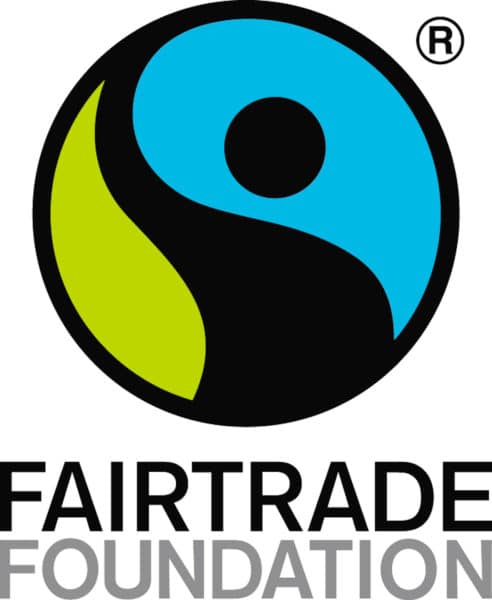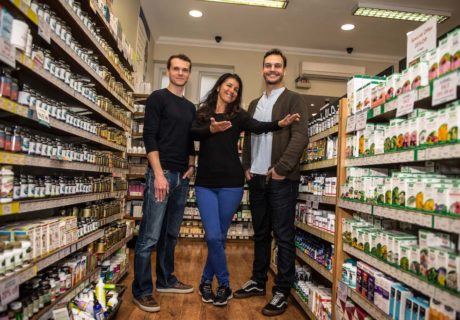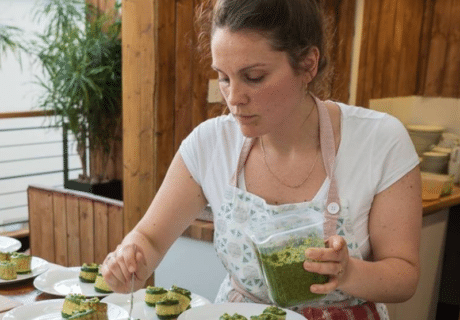Each year the run-up to Christmas starts earlier and earlier. Retail calendars are planned well in advance, Black Friday has become a popular fixture in the diary and even mince-pies are on sale in September. It’s all heavily focused on shopping and buying, but as ethical trends continue to rise, we need to adapt to the new consumer who might be looking deeper.
For those who are passionate about treading more lightly, Christmas is a minefield. There is expectation from family and friends to be generous and thoughtful, but still many struggle with niggles about where gifts come from. Are your Christmas treats at the expense of the farmer? What exactly is the impact of the present from your great aunt on the environment? And that advent calendar – is it really recyclable?
The Ethical Consumer Markets Report 2017 notes that the value of ethical spending in the UK grew by 3.2%, and over a quarter of respondents say they bought products because of their ethical reputation. Healthy, sustainable and ethical lifestyle choices remain important, and over 30% of people have moved to a vegetarian or vegan diet, suggesting a continued rise of the conscious consumer. Sales of Fairtrade products again grew according to the latest market report, and it’s expected that over time more people will seek out ethical options.
Many people want to be seen to be living more ethically
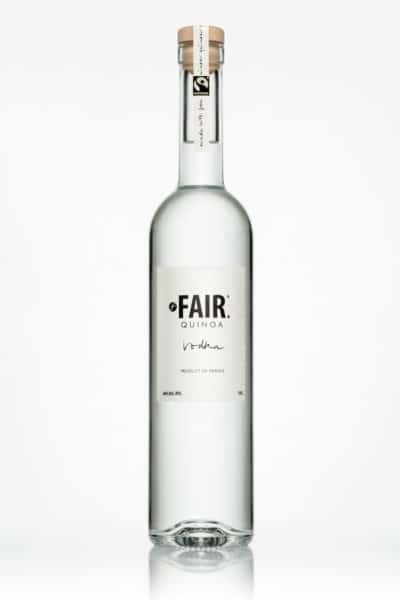 While this all paints a positive picture for a fairer industry, Christmas can throw a bit of a spanner in the works. The Bank of England says that a typical household spends over £500 extra in December, and usual healthy or ethical habits can go out the window in favour of over indulgence. But it’s becoming easier to find everything you need with an ethical badge of honour, like the Fairtrade Mark which is recognized by nine out of ten British consumers. There are over 4,000 products licensed as Fairtrade in the UK, including many more unexpected things that are perfect for gifts, such as trendy spirits crafted by FAIR Drinks, or Fairtrade gold jewellery at a range of prices – from handmade pieces by Teague & Wright to stylish options by Cred Jewellery – which is widely available. It’s a good opportunity for retailers to make sure these products are clearly visible over the festive period to capitalize on the additional Christmas spend.
While this all paints a positive picture for a fairer industry, Christmas can throw a bit of a spanner in the works. The Bank of England says that a typical household spends over £500 extra in December, and usual healthy or ethical habits can go out the window in favour of over indulgence. But it’s becoming easier to find everything you need with an ethical badge of honour, like the Fairtrade Mark which is recognized by nine out of ten British consumers. There are over 4,000 products licensed as Fairtrade in the UK, including many more unexpected things that are perfect for gifts, such as trendy spirits crafted by FAIR Drinks, or Fairtrade gold jewellery at a range of prices – from handmade pieces by Teague & Wright to stylish options by Cred Jewellery – which is widely available. It’s a good opportunity for retailers to make sure these products are clearly visible over the festive period to capitalize on the additional Christmas spend.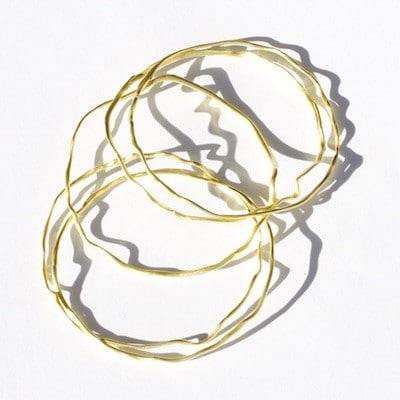
Interestingly many people want to be seen to be living more ethically, not just doing it by rote, especially at Christmas with gift giving. Several new studies suggest that yes, ethical consumerism is up in general, but what people perceive as ethical is even more important. For example a gift might be vegan, but is it organic, where does it come from, does it have a certification, and how will friends rate these various credentials? First impressions are even more important with the in-laws, and if your hand-wrapped soap isn’t a reputable certified product it might not cut the mustard – despite the best intentions!
It doesn’t stop there. Education and transparency have come to the fore this year – and for very good reasons. We have the power to follow a product right back to the ground where it grew, so is it any surprise that people are asking to know about the person who cultivated their Christmas cocoa?
We have the power to follow a product right back to the ground where it grew
Most people do not want to support companies which are making profits at the expense of other people, more so at Christmas. It’s a time to celebrate, so making sure there are enough ethical options for all the family is essential. The Fairtrade Mark means a fair price is paid for the product, and an additional Fairtrade Premium goes to support the communities and people who rely on things like cocoa farming for their livelihoods.
There may be many challenges surrounding ethical consumerism at Christmas, but at least there are some easy options for the traditional Christmas over indulgence. With more innovation and more awareness, there is greater choice, fantastic products, more availability and subsequently fairness for everyone at Christmas.



